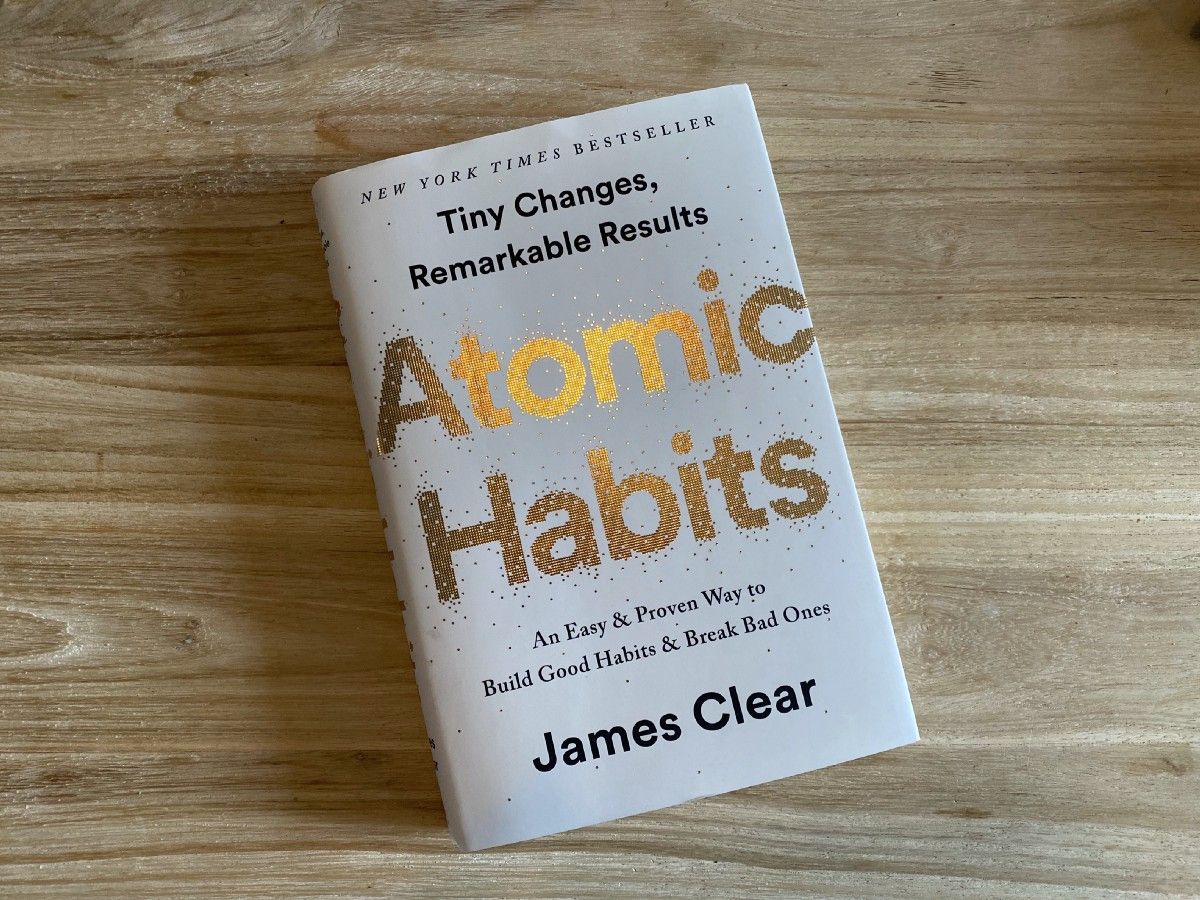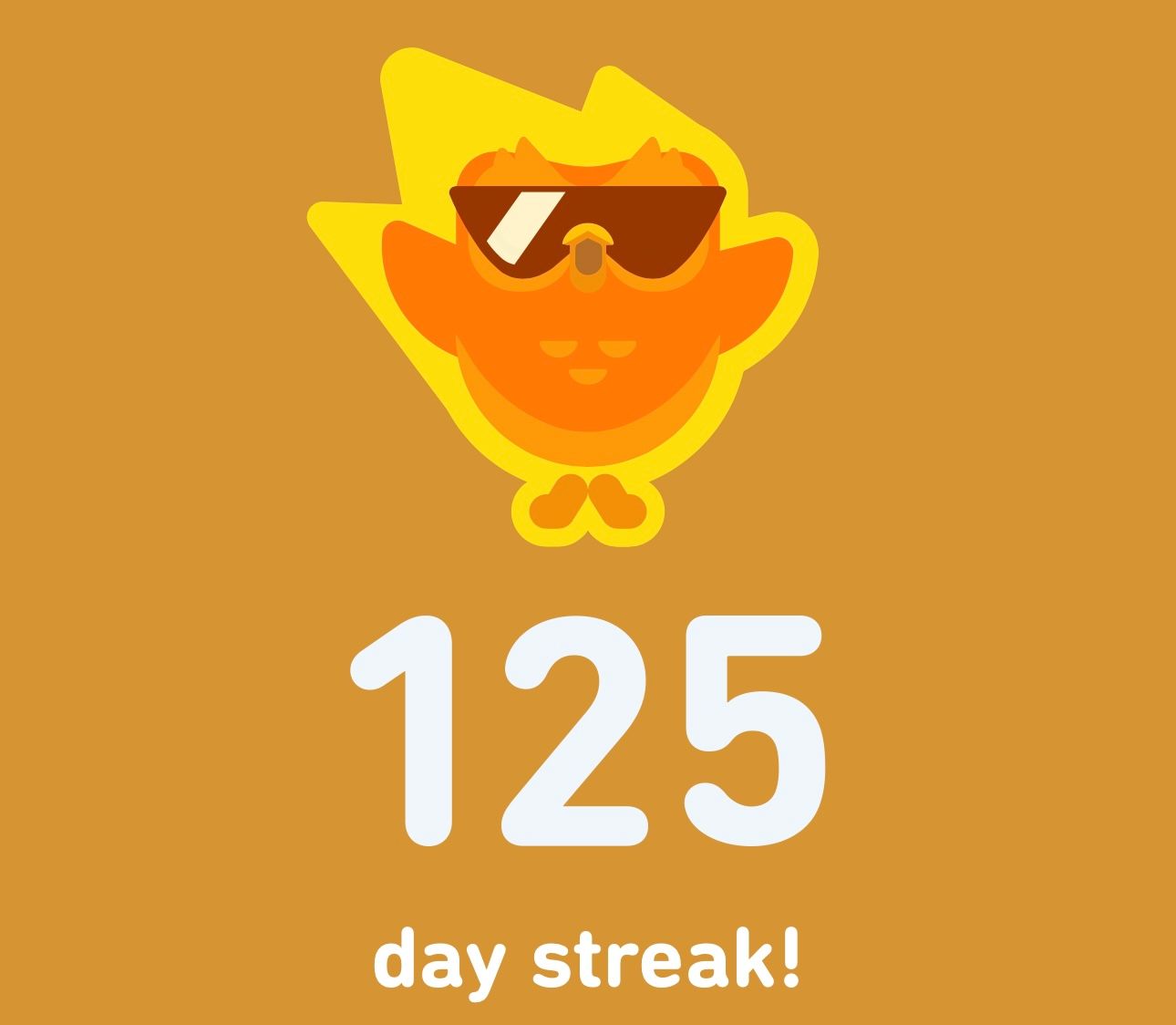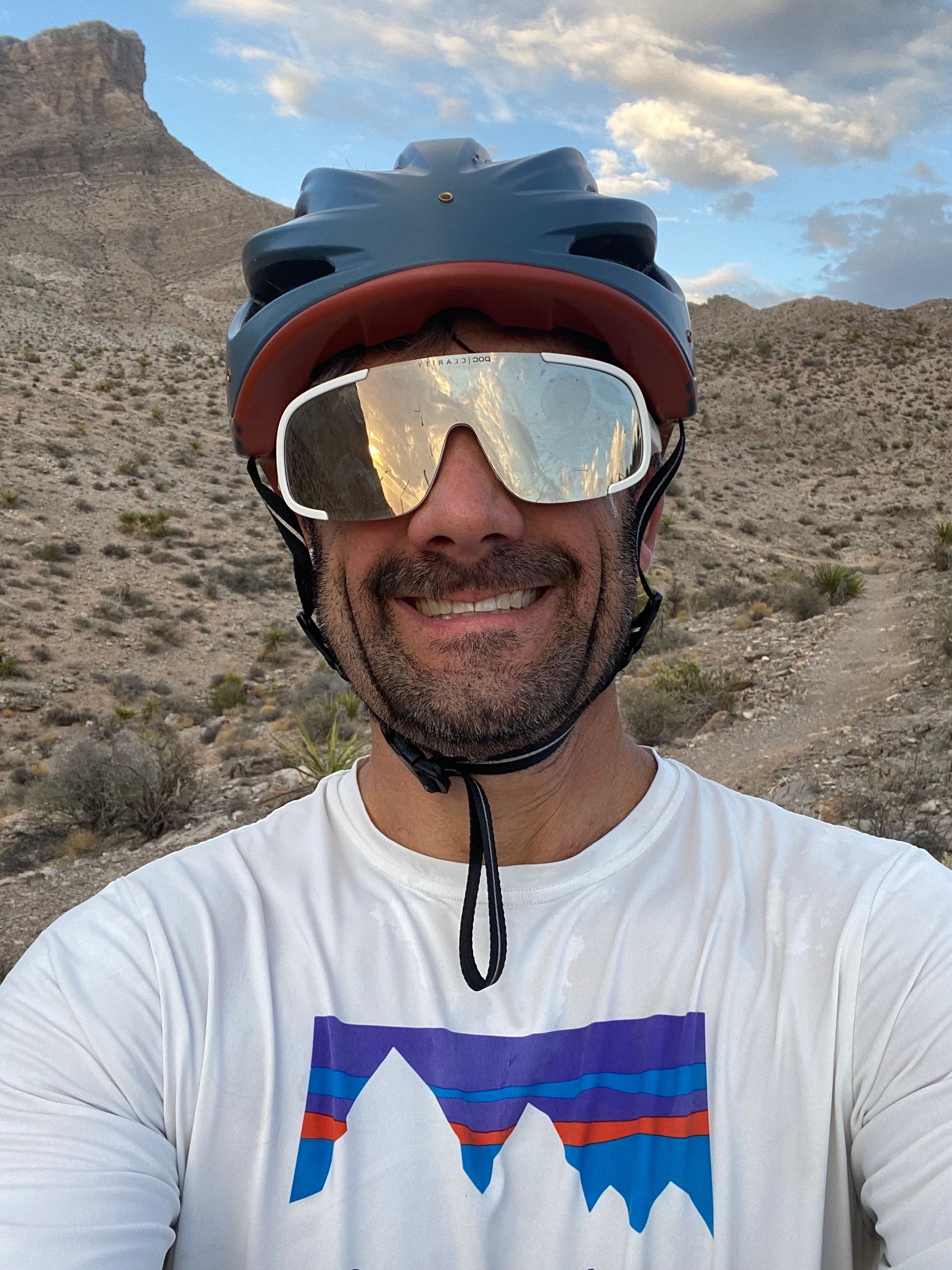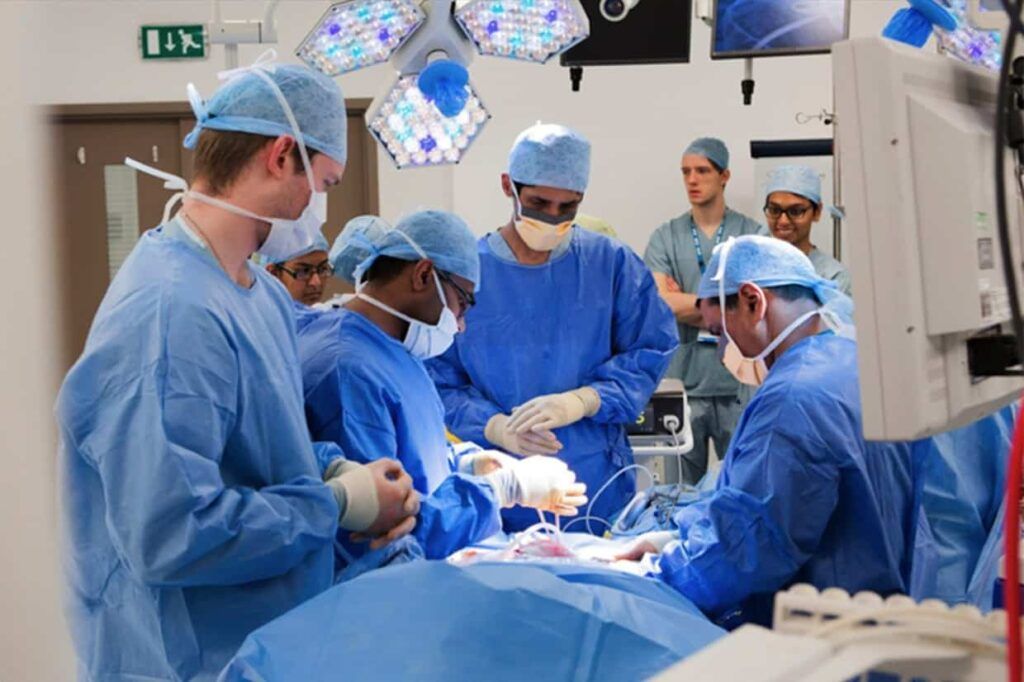Private Practice: The Antidote to Burnout?
"...Burnout as 'The Force' from Star Wars though I feel it’s closer to 'The Nothing' in The Neverending Story"
Burnout is the slow death in medicine and a new word in our lexicon this past decade. Some would argue this is not the correct word, that we should be using moral injury instead.
As a medical student in the early 2000s I never considered burnout, naively convinced that the emotional armor constructed over years of education and training combined with the secondary gain of caring for patients would protect me from this syndrome of exhaustion, depersonalization and lack of efficiency.
I was naive at best.
Dr. Dike Drummond in his 2015 article in AAFP and through his blog at thehappymd.com defines and describes burnout. He paints a bleak picture of the present and future in medicine, giving us the analogy of burnout as “The Force” from Star Wars though I feel it’s closer to “The Nothing” in The Neverending Story, a powerful and stormy antagonist destroying Fantastica one city at a time as adults increasingly lose touch with the fantasy of childhood.
Swap out “adults” for “doctors” and “fantasy” with “autonomy” and you get a clear picture.
In this post I don’t intend to go deep into the causes of burnout, the symptoms of burnout, how to prevent or treat it. Dr. Drummond has done that for us and I’ve made a strong attempt in a blog post on burnout I wrote a few years ago as a new attending pediatric surgeon.
My intention here is to describe how I feel as a private practice pediatric surgeon and my belief that private practice, a business structure that is rapidly vanishing across the United States due to vertical integration of medicine, helps prevent burnout by preserving autonomy.
Autonomy, I believe, is a key player in burnout, without it, it’s easy to become disillusioned in a very demanding profession.
Let’s define autonomy.
Autonomy is self government, the ability to make decisions.
In medical school we learn about patient autonomy as one of the four pillars of medical ethics. In life we value autonomy as a human by being free to make decisions. The greater our personal freedom, our ability to choose, the greater our life satisfaction. This isn’t just me pontificating, there is evidence in the sociology literature that perceived autonomy is positively correlated with a “good life.”
Conversely there is good evidence that work-stress and constrained autonomy are negatively correlated with health and life satisfaction.
The British Whitehall study examined British civil servants and identified that those with low autonomy and constrained freedom of choice had a much higher incidence of cardiac disease, though it easily could be argued that it wasn’t just constrained perceived autonomy that made the difference in health between the lowest and highest classes of society. Nonetheless, I find it interesting.
This begs the question, how is physician autonomy changing in medicine?
As a high school student I remember realizing the days of carelessness would soon be over and a life direction should materialize, protected and delayed a small bit by the years of college ahead. My life direction, fueled by my Dad’s employment as the manager in the radiology department at Capital Medical Center in Olympia, WA, turned toward medicine. To satisfy my curiosity I read books.
The first book that I found at the Half Price Bookstore in downtown Olympia was a worn copy of The Making of a Surgeon, by William Nolan. In this memoir of a surgeon reliving his schooling, internship and residency days we get an understanding of medicine in 1960s America. We learn the bias of the surgeon versus the medical men. We learn the hardships of training. We also learn the autonomy of being a surgeon.
After finishing this book I found another sitting close to it in the same section, The Puzzle People by Thomas Starzl, a memoir of a life spent chasing the dream of allogeneic transplantation and a fascinating story of the evolution of immunosuppression and surgical technical harrowism. I found the lessons in leadership and personal discovery fascinating, the physicians and surgeons led their respective institutions.
More books followed that continued to satisfy my increasing appetite for medical literature whether it was looking back to William Carlos Williams and Bernard Shaw’s “The Doctor’s Dilemma” or forward with books like Complications or the rules learned in Samuel Shem’s misogenistic yet thoroughly entertaining novel The House of God.
What I enjoyed about these books forward looking as a future doctor were the stories, hardships, struggle, intimacy and evolution from student to master in medicine, whether that be with a scalpel or a pen.
Ne’er did I encounter the modern hardships of working within vertically structured healthcare systems that shout “value care” yet seem to be distracted by producing the greatest returns for their shareholders and executives.
This will not be a rant on the discrepancy between what healthcare corporations say and what they do, rather, it’s worth pointing out the hypocrisy. And for the physicians and surgeons that work for and under the umbrella of this hypocrisy, I find that to be tremendously stressful. Here is where the beauty of private practice presents opportunity.
The Beauty of Private Practice
In private practice the partners answer to each other and while we are at the mercy of insurance reimbursement, hospital contracts, changes in political winds, hospital program development and other effects, at the end of the day the partners in the practice get to make a choice without the consequence of losing employment.
The ability to have that choice is very powerful. I’ve talked with colleagues of mine who work for larger hospital systems and if they want to continue employment, if they want to continue to live in that city, if they want to continue the status quo they must comply. I understand these are all choices too but the consequence is unemployment, not just reduced revenue.
“We want you to cover this new clinic 20 miles away.”
“We want you to increase your RVUs.”
“We want you to use this new EMR.”
“We want you to cover this new service.”
“We want you to be in house for trauma coverage.”
Response is okay, okay and okay. When I see a large hospital organization handing out free meal cards or bringing in a massage table or encouraging mindfulness as solutions to burnout I feel that they have lost the plot.
As a private practice surgeon my financial security is much less favorable than my employed colleagues whether they work for hospitals or for academic institutions. There is no salary. Reimbursement across the country is decreasing rapidly year over year whether that is from the privately insured or government insurance. Insurance companies are increasing the number of obstacles and hurdles it takes to collect. Hospitals are more and more reluctant to extend contracts for call coverage. Despite the difficulty on the financial front the autonomy that comes with owning and operating a small business is satisfying on so many different levels I struggled to appreciate them all.
Running a small business allows unlimited transparency and decision making. We see everything that comes in and everything goes out.
We can see if we’ve over hired our staff, we know if we have too many brick and mortar clinics, we get to choose the people we work with in our clinic and we get to choose the level of involvement in our hospitals. We feel a strong connection with our local hospitals and are deeply involved in program development to make the community a safer place for kids. This though is a choice, not a requirement and we enjoy this program development completely. As we discussed earlier it’s about autonomy, it’s about choice making, it has less to do with the money.
In a recent survey of pediatric surgeons only 7% are practicing in private practice, so I’m becoming a dinosaur, on my way to extinction…or maybe I’m not. The reason for my extinction is the vertical integration of medicine. Vertical integration is the merging of independent physicians, medical practices, physician groups and hospitals to create an organized healthcare network. This has led to an explosion of administrators to manage these healthcare networks.
Between 1970 and 2010 while the population of physicians expanded 150%, the number of administrators increased 3200%. It feels as though momentum is carrying us toward this organized healthcare network destination but there are costs. The major cost is physicians and surgeons transitioning from owners and operators to employees and giving up a significant amount of freedom. As employees in these systems doctors have also been demoted to “providers” alongside their nurse practitioner and physician assistant colleagues.
As a private practice surgeon looking at vertical integration from the outside I can feel the pull yet I want to promote the model of private practice to all who will listen and especially to those who won’t. As private practice surgeons we provide excellent care to the children and families of our community. We participate in leadership in local and national societies and in our hospital at all levels to improve quality and safety. We employ people who are a part of our team and we share in our successes together as we run a small business. We have freedom of choice and for that I feel protected from “The Nothing” that is physician burnout. I believe private practice is the antidote.










